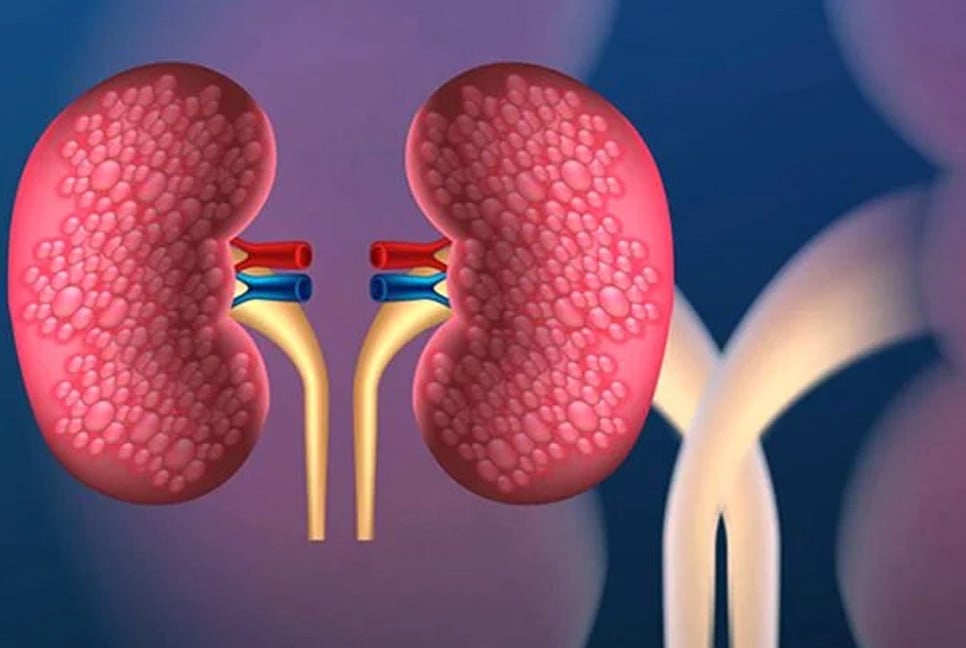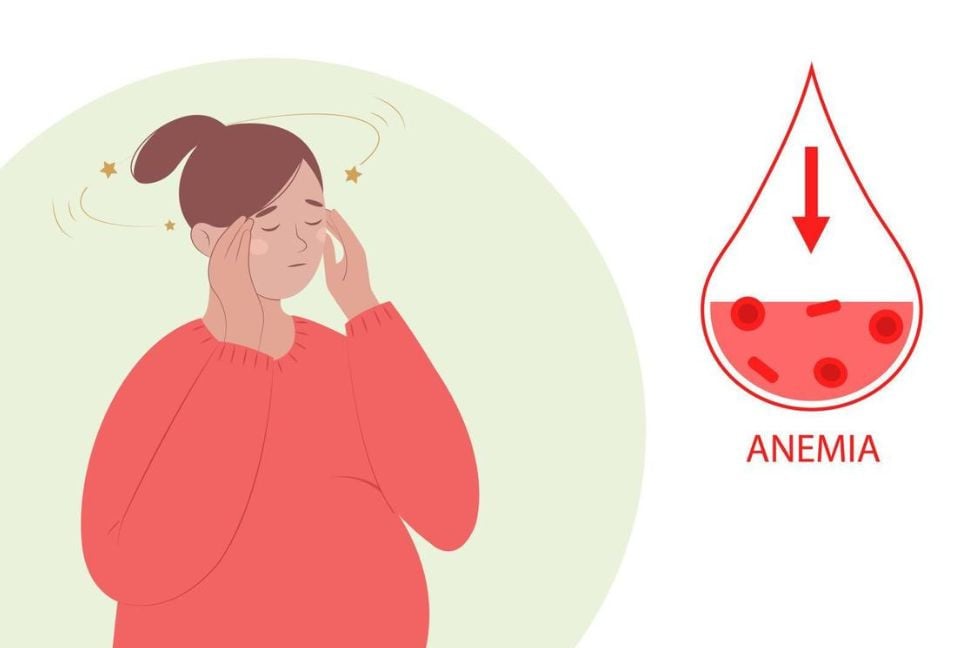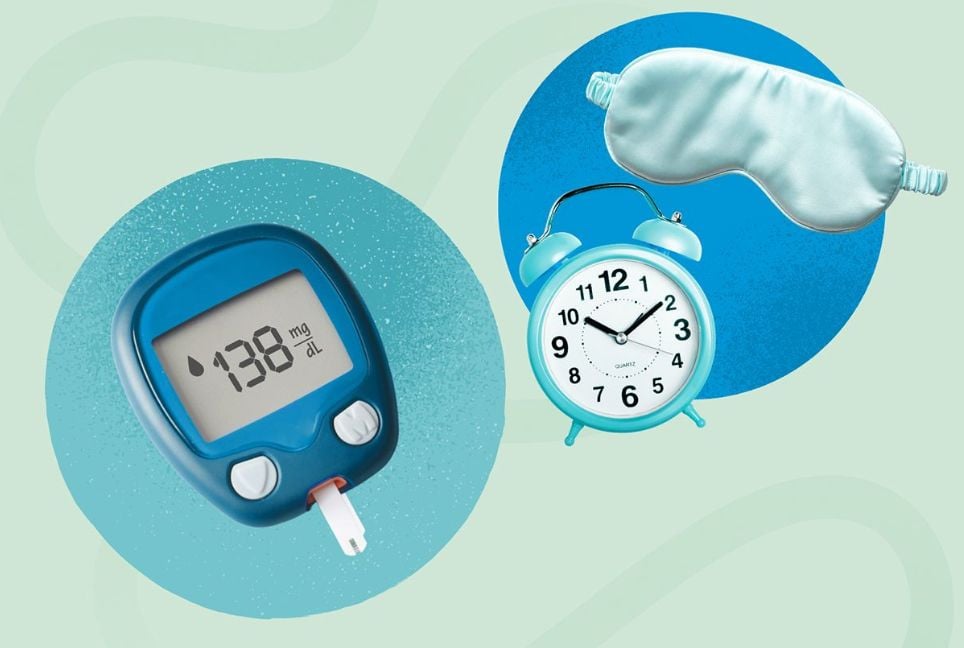Did you know that deep sleep does more than just recharge your body and mind?
According to new studies, it might also help shield you from two major health issues. So, if you've been skimping on sleep, it's time to rethink your habits and embrace those extra hours of rest for a healthier, happier you.
Professor Maiken Nedergaard, the study's senior author from the University of Rochester and the University of Copenhagen, explained that norepinephrine, a neurotransmitter and hormone, causes blood vessels to contract, generating slow pulsations that create a rhythmic fluid flow to clear waste.
"It's like turning on the dishwasher before bed and waking up with a clean brain," Nedergaard said, as reported by SWNS. She added that their research focuses on understanding what drives this process, aiming to define restorative sleep through "glymphatic clearance."
Scientists explain that the brain has a natural waste removal system called the glymphatic system, which circulates fluid in the brain and spinal cord to clear out toxins. This process helps eliminate harmful proteins that form sticky plaques associated with neurological disorders like Alzheimer's disease.
However, what drives this system remained unclear until now, as revealed by the study.
To uncover clues, Professor Nedergaard and her team studied the brains of mice during sleep, focusing on the link between norepinephrine and blood flow, as reported by SWNS.
Their findings revealed that waves of norepinephrine correspond to changes in brain blood volume, indicating that norepinephrine triggers rhythmic pulsations in blood vessels. These pulsations, in turn, align with fluctuations in brain fluid flow, suggesting that blood vessels act as pumps, propelling brain fluid to flush out waste effectively.
Natalie Hauglund, the study's lead author from the University of Copenhagen and the University of Oxford, described norepinephrine as the "conductor of an orchestra," coordinating the constriction and dilation of arteries to drive cerebrospinal fluid through the brain, flushing out waste.
Do sleep aids disrupt brain cleaning?
Hauglund also explored whether all sleep is equally restorative. To test this, the team administered zolpidem, a common sleep aid, to mice. While the drug helped the mice fall asleep faster, norepinephrine waves during deep sleep were 50% lower than in naturally sleeping mice. As a result, fluid transport into the brain dropped by over 30%, according to SWNS.
The researchers, whose findings were published in the journal Cell, suggest that sleeping aids like zolpidem may disrupt norepinephrine-driven waste clearance during sleep.
Lead author Natalie Hauglund emphasized, "More and more people are using sleep medication, and it's really important to know if that's healthy sleep. If people aren't getting the full benefits of sleep, they should be aware of that, so they can make informed decisions."
The research team noted that the findings likely apply to humans, who also possess a glymphatic system, though further testing is needed.
Professor Nedergaard remarked, "Now we know norepinephrine is driving the cleaning of the brain, we may figure out how to get people a long and restorative sleep."
Meanwhile, lack of sleep could be causing more harm than just fatigue it may also impair the brain's ability to fend off intrusive thoughts.
Disclaimer: This article is for informational purposes only and not a substitute for professional medical advice. Always seek the advice of your doctor with any questions about a medical condition.
Bd-Pratidin English/ARK

































































